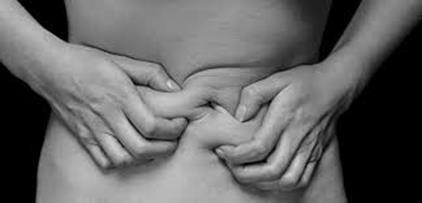By Carrie Seow, women's health physiotherapist

Endometriosis has gathered some attention recently in the media after the government in June 2019 announced $9million in funding for research and improved diagnosis. This is great news for the 'endo' community and those yet to be diagnosed. We know that endo can be a debilitating condition affecting 1 in 10 women. More shocking is that diagnosis can take years as women suffer in silence. As health allied professionals (women's health/pelvic floor physiotherapists) we want to raise awareness about this condition and help treat the symptoms.
So, what is endometriosis?
Endometriosis is a complex condition whereby the cells that line the uterus start growing in other parts of the body, commonly in pelvic region on the bladder and bowel. Symptoms of endometriosis are highly variable but common ones include:
- Abdominal, lower back or pelvic pain
- Ovulation pain
- Pain before or during periods
- Heavy or irregular bleeding during periods
- Urinary urgency and frequency
- Bowel problems ranging from diarrhea to constipation
- Abdominal bloating
- Vaginal discomfort, painful intercourse or difficulty using tampons
- Infertility
The presentation of endo is so different between patients that diagnosis is only officially done through the gold standard of a laparoscopy (a keyhole surgical procedure through the lower abdomen). The chronic nature of endo symptoms can seriously affect your quality of life. You may be living with chronic pain every day but still have to go to work, school and function as best as you can in day to day life.
Can anything make endometriosis better for the sufferers?

The good news is that help is available. Treatment of endo requires a multidisciplinary approach (including pelvic floor physiotherapy!). It can involve a mix of
- medication
- surgery
- exercise, manual therapy with a physio
- diet and lifestyle modification
- bladder and bowel retraining with a pelvic floor physio
- relaxation, stretches and yoga style movements to decrease the tension and pain of the hip and pelvic region.
But with the right team of people, the symptoms can be well managed. If you suffer from any of the above symptoms, come and chat to one of our women's health physiotherapists to find out how we can help!
Read our post back in 2014 on endometriosis and chronic pelvic pain for further information.